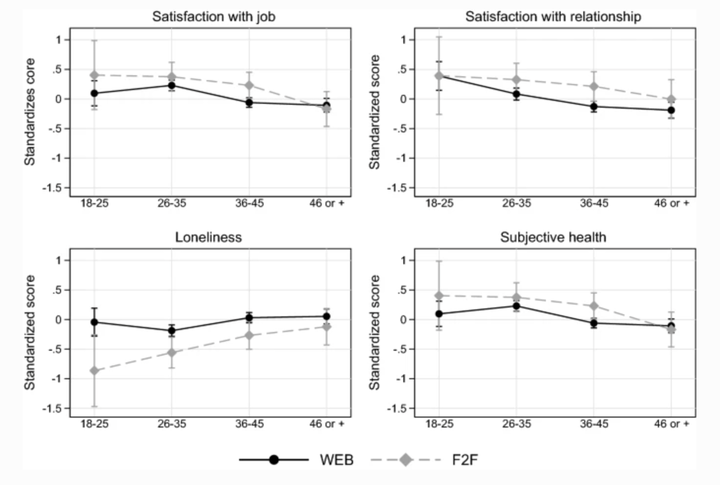Does the Survey Mode Affect the Association Between Subjective Well-being and its Determinants?
 Image credit: [Giorgio Piccitto]
Image credit: [Giorgio Piccitto]
Abstract
Subjective well-being research increasingly uses web surveys to understand how subjective well-being indicators are related to other concepts of interest. Although we know that mean scores on these indicators may differ between modes, we know little about whether a move to web will influence the conclusions we draw about our conceptual models. This study uses data from a unique mixed-mode survey collected in Croatia and Germany as part of the Generations and Gender Programme to examine whether the relationships between a range of subjective well-being indicators and a set of objective and subjective determinants differ between respondents answering these questions in face-to-face or web mode. Although respondents report lower subjective well-being in web than in face-to-face mode, the relationships between these variables and a range of objective and subjective indicators are relatively stable across modes. This suggests that substantive conclusions about antecedents of subjective well-being do not depend on whether data are collected via a face-to-face interview or through web survey.